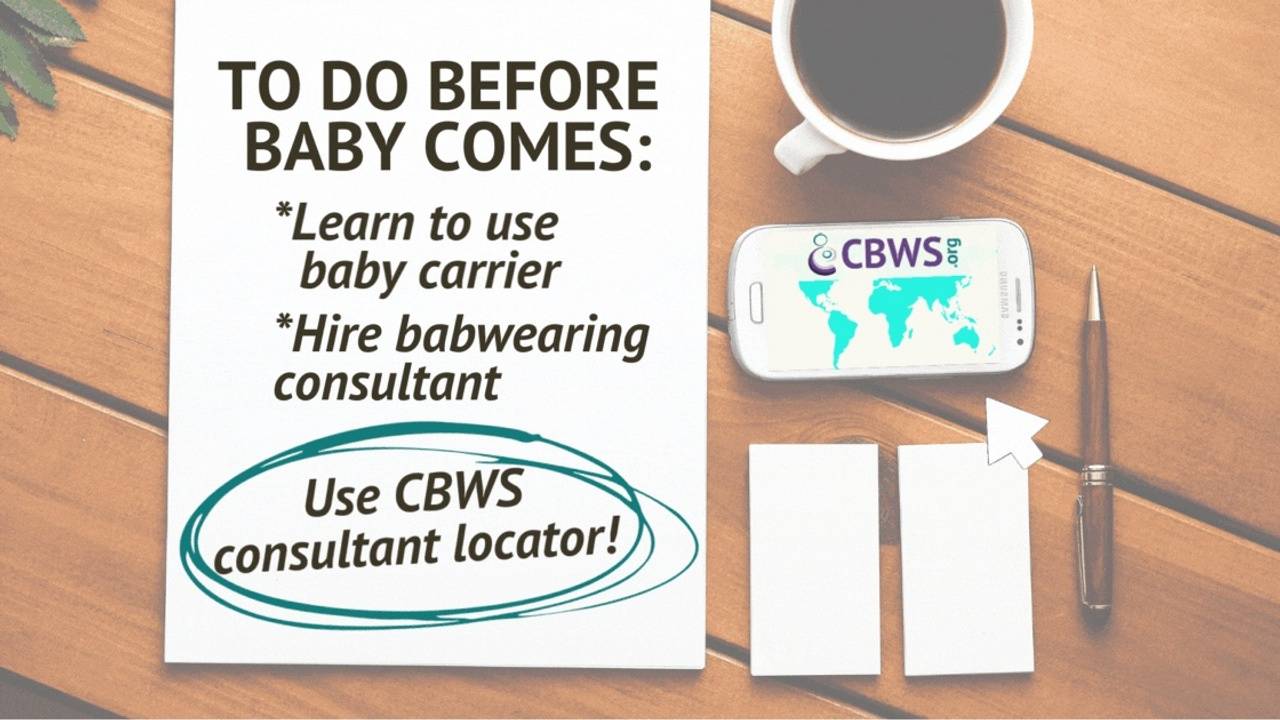11 Reasons Every New Parent Should Hire a Baby Carrying Consultant
Jul 16, 2021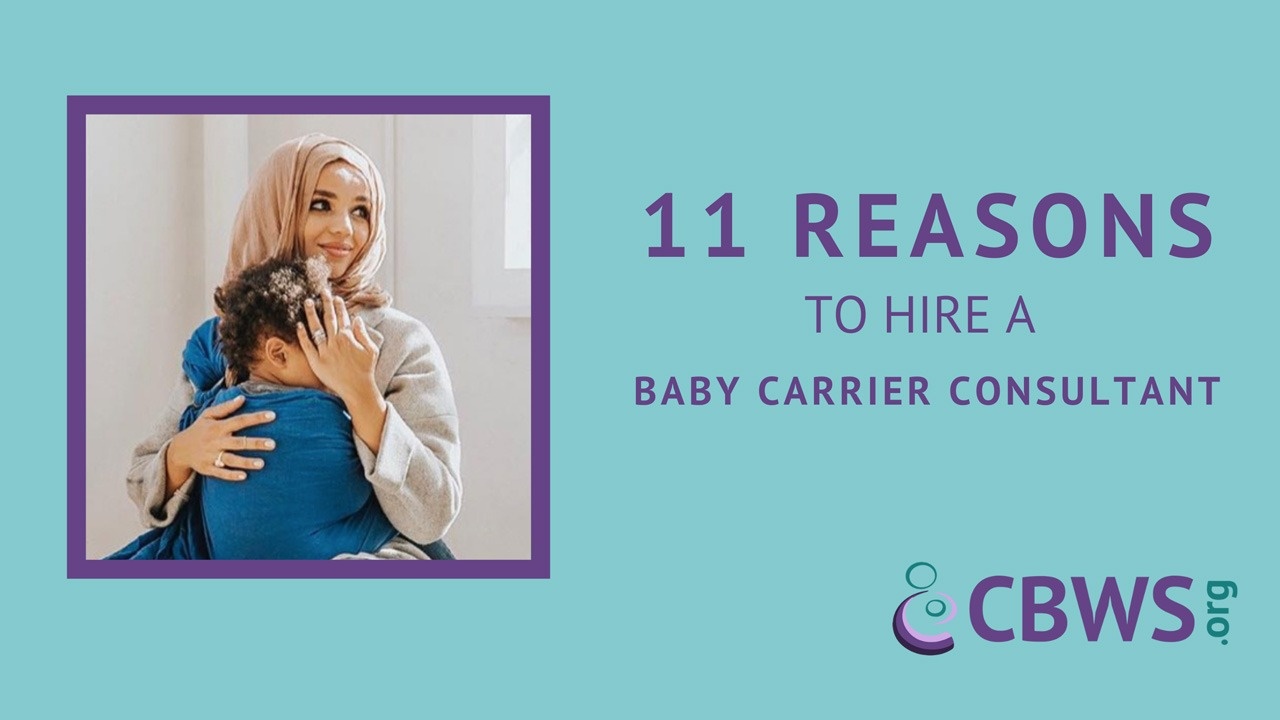
1. Babies need to be carried, and a baby carrier consultant can simplify carrying for you.
On average, babies spend half their day being carried. Whether you use your arms or a baby carrier, your baby needs touch to help them adapt to the world outside the womb. A baby carrier consultant will help you navigate the often overwhelming selection of baby carriers on the market and even introduce you to carriers you aren’t familiar with.
Your family is unique, and the carrying solution that suits you may be different than the one your sister or neighbor prefers. Having the right gear for your situation will make your days of rocking, holding, and loving your little one more comfortable and convenient for you both.
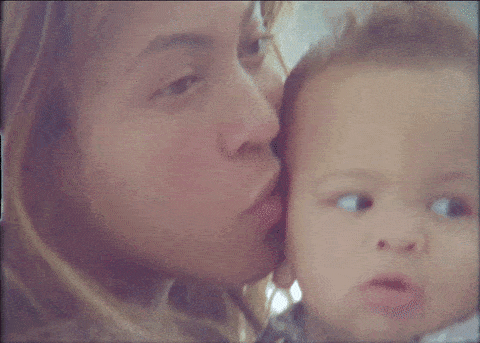
2. You deserve to feel confident in the weeks following your baby’s birth.
Parents who work with carrying consultants tend to carry their babies more often and feel more confident about it than the average new parent. At least a quarter of new moms lack confidence, and research shows a close connection between maternal confidence, postpartum depression, and babies' health and development. A babywearing consultant can help you feel confident choosing and using a carrier, which can make the other tasks of parenting easier.
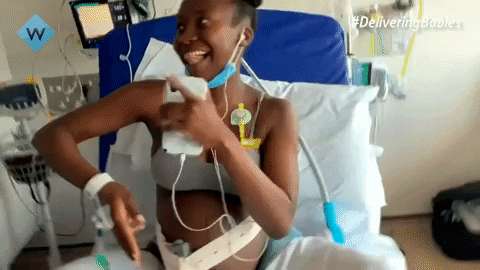
3. Carrying reduces crying -- for you and for your baby.
Babywearing has been shown to reduce the amount a baby cries AND to reduce postpartum depression. There are countless joys and benefits to carrying your baby, but this alone is a great reason to hire an expert to help you learn.

4. All caregivers can share in the joy of babywearing.
Classes on birth and breastfeeding are understandably focused on the birthing parent. Carrying baby, on the other hand, is something everyone can share. Talk with your babywearing consultant about involving a partner, grandparent, childcare provider, or other caregivers in the conversation.

5. A babywearing consultation can help ease the transition for older siblings.
During your carrying consultation, you will try on one or more baby carriers and practice using them. Your consultant may bring a teaching doll or stuffed animal for you to practice with. This is an opportunity to show your older children what it will look like to have a new baby in the home and help them envision what their “new normal” might look like.
Even if your older child(ren) are not present during the consultation, using a baby carrier with your newborn will free up your hands, making it infinitely easier to care for and play with the other children in your home.
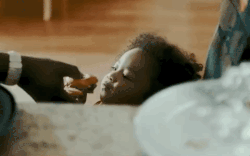
6. The right baby carrier makes it easier to get around.
Whether you’re shopping, socializing, or taking time for yourself, comfortable babywearing makes it easier to get where you’re going. Whether it’s navigating subway stairs and bumpy sidewalks, walking in the woods, or keeping baby off the floor and away from pets when you’re visiting friends, being able to easily use your carrier is going to be helpful.
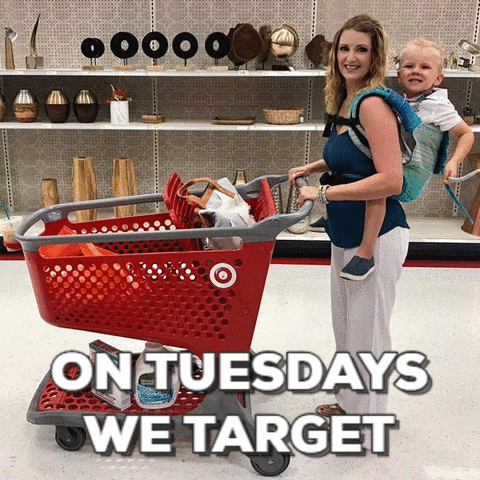
7. A baby carrier consultant can answer all your questions about hip development, head support, and more.
One-on-one help from someone you can trust is priceless. Professional babywearing consultants stay abreast of the latest research and information relating to baby carriers. They can answer your questions about how to position your baby in your sling or carrier and what your growing baby needs for support, and if they can’t answer your questions, they likely can help you find the answers you’re looking for.

8. “Container syndrome” is on the rise.
“Container syndrome” refers to developmental delays and skull deformities caused by the overuse of baby containers such as swings, carseats, and rockers. A well-positioned baby in a soft carrier is at a much lower risk of plagiocephaly, delayed milestones, and other symptoms.
Not only can using a quality baby carrier reduce “container syndrome” symptoms, time in a well-fitted sling or carrier can compliment “tummy time,” which is critical to babies’ development but frequently unpleasant for tiny babies.

9. Keep germs away from your baby.
Keeping your baby close to your body means fewer people touch your baby or get in their space. This is especially helpful during cold, flu, and RSV seasons. In part, this is because passersby are more likely to keep a respectful distance from you than your baby. But also, this gives you the opportunity to step back from approaching strangers or friends who are closer than you’d like them to be.
You can even tuck your baby’s hands into the baby carrier to discourage anyone from touching them while they are swooning over your gorgeous little one. And as your child gets older, carrying them in a soft carrier in busy, high-touch environments can keep them from touching each floor tile, railing, or candy wrapper you walk past.

10. Learn in the comfort of your own home.
Many baby carrier consultants will come to you, so that you can learn in the same place you will be carrying your baby each day. Each babywearing educator will have a slightly different process, but it will usually involve an intake questionnaire, the demonstration and discussion of different carrier styles, then an opportunity to try on the carriers that best suit your situation and learn how to use them.
Sometimes, families prefer to book more than one session, taking time after the first session to purchase their carrier(s), then learning to use them comfortably during a second session, and lastly following up again for review after their baby is born. Many new parents find their home to be a comfortable, low-pressure place for learning.
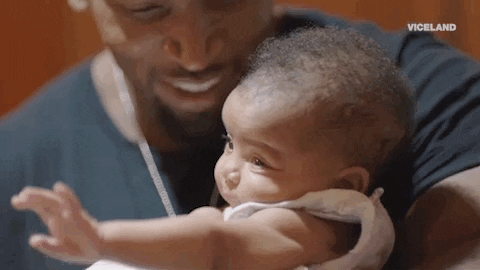
11. Get customized, up-to-date expertise and advice about babywearing and baby carriers.
The CBWS Foundations in Babywearing Education training is robust. Educators who have completed it are trained not only in baby carriers, but they read research about infant development and physiology, the science of touch for both babies and caregivers, and best practices in baby carrying and education.
When you hire a CBWS babywearing educator, you know they have our support in staying up-to-date about any baby carrier recalls, new research, and ongoing learning about special situations, carrying, and infant/parent touch.
Use this tool to find a CBWS baby carrier consultant near you.
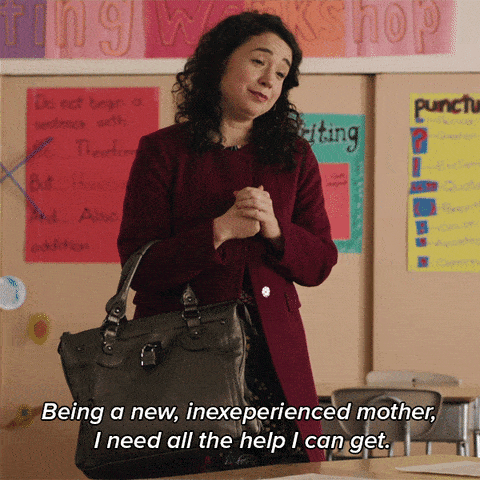
Resources
A sling can calm your baby and reduce crying. Carrying Matters. (2019, February 28).
Consider this Alternative to Tummy Time. Boba blog.
Container Baby Syndrome: How It Can Be Prevented. NAPA Center. (2020, June 19).
Kristensen, I. H., Simonsen, M., Trillingsgaard, T., Pontoppidan, M., & Kronborg, H. (2018, June 25). First-time mothers' confidence mood and stress in the first months postpartum. A cohort study. Sexual & Reproductive Healthcare.
Liu, Chien-Chi & Chen, Yueh-Chih & Yeh, Yen-Po & Hsieh, Yeu-Sheng. (2011). Effects of maternal confidence and competence on maternal parenting stress in newborn care. Journal of advanced nursing. 68. 908-18. 10.1111/j.1365-2648.2011.05796.x.
Maitre, N. L., Key, A. P., Chorna, O. D., Slaughter, J. C., Matusz, P. J., Wallace, M. T., & Murray, M. M. (2017, March 16). The Dual Nature of Early-Life Experience on Somatosensory Processing in the Human Infant Brain. Current Biology.
Miller, R. R., Bedwell, S., Laubach, L. L., & Tow, J. (2020, May 8). What Is the Experience of Babywearing a NICU Graduate? Nursing for Women's Health.
Norholt, Henrik. (2018, October 4). How Babywearing May Help Alleviate Postpartum Depression. Ergobaby Blog.
Study Explores Infant Body Position and Learning. ScienceDaily, ScienceDaily, 23 Oct. 2018.
Williams, Lela & Gebler-Wolfe, Molly & Grisham, Lisa & Bader, M. (2020). "Babywearing" in the NICU: An Intervention for Infants With Neonatal Abstinence Syndrome. Advances in neonatal care : official journal of the National Association of Neonatal Nurses.

